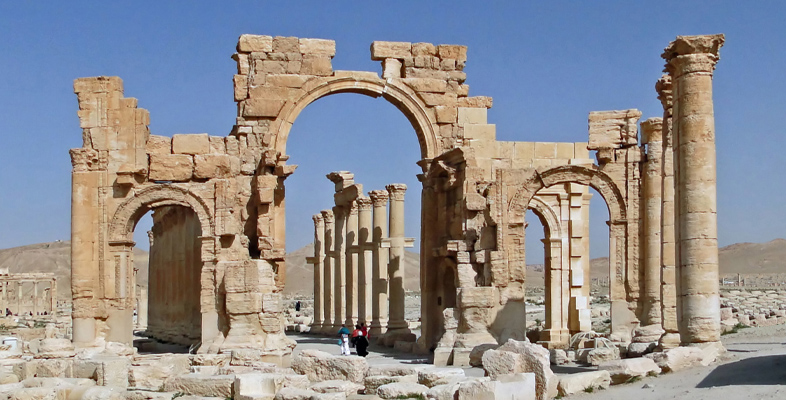1.6 Section conclusion
The inseparability thesis may seem plausible because it trades on the notion that cultural heritage is protected at least partly for the sake of people who care about the heritage. Indeed, saving heritage can often serve people’s interests and increase their wellbeing.
Yet, to suggest there can never be serious competition between the projects of saving heritage and helping humans is to take an implausibly narrow view of the value of human life (and perhaps also of heritage). For instance, a human life may have a kind of moral significance beyond its value as a container for flourishing. If so, it follows that a person’s death cannot be entirely compensated for by saving heritage and thereby enhancing the flourishing in other people’s lives.
A profound philosophical problem remains: the value of heritage does seem separable from the value of human lives after all. States and military organisations (and individuals donating to charity) are all faced with genuine dilemmas when humanitarian priorities compete with cultural heritage. And yet we still do not have any clear or systematic way of determining the best moral course of action in these circumstances.
In the next section you will consider some of the problems we face when trying to weigh up the value of heritage against the value of human lives.
